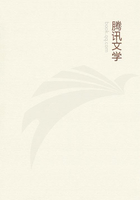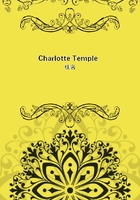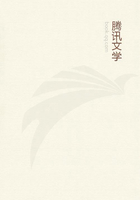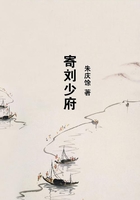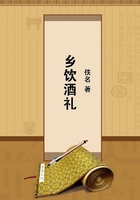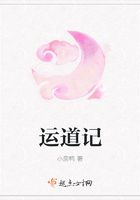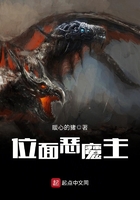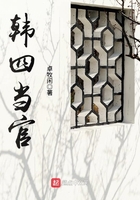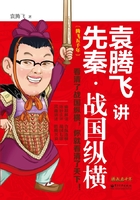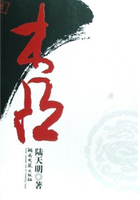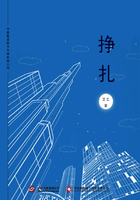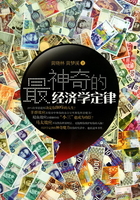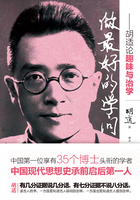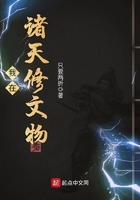A great many of the writers who have occupied themselves in the investigation of value -- and, we may add, for a long time many of the best of them -- have for this reason refused to consider at all the idea that value may arise from utility; they assert that the value of goods comes from the difficulty of their attainment, and is proportionate to it. Those again who have based their theory upon utility, have, for the most part, done so in a manifestly unsatisfactory fashion. They have either placed themselves in contradiction to the facts already mentioned without explaining away the contradiction, or laid so much stress on these facts that, in the end, they can scarcely be distinguished from those writers who have rejected the principle of utility, except by their express avowal of that principle.
Only a few authors, the more important of whom are mentioned in the preface, have struck the right road. These have conceived the idea of Use Value in such a way that it is neither confuted nor disturbed by the foregoing considerations, but on the contrary is entirely confirmed by them.
It is as these last-mentioned writers understand it that Imean to state the theory of value. Before beginning, I may be allowed to make a single introductory remark as to the manner in which I intend to carry out my task, and, particularly, as to the nature of the proofs which will be used.
The economist who undertakes to explain value has to explain the procedure of those who value. He describes in plain language the meaning of transactions carried on, times without number, by all of us. He does, on a large scale and with a difficult subject, the same thing as one who accurately describes some trade or some mechanical operation, which every one can do, but which it is not easy, without the assistance of concrete instances, to present and follow up in all its complexity of conditions. As the poet gives expression to the thought which every one feels but cannot express, or the actor's genius shows the passion which perhaps he may not even feel, so does the man of science describe in words, and apart from their concrete realisation, the actions which every one is accustomed to perform. He does not require to have any actual case before him, or to accompany his description with any practical working out.
Any layman in economics knows the whole substance of the theory of value from his own experience, and is a layman only in so far as he does not grasp the matter theoretically, i.e.
independently, and for and by itself, -- but only practically, --that is to say, in some given situation, and in connection with its working out in that situation. If this be true, how else shall we better prove our scientific statements than by appealing to the recollection which every one must have of his own economic actions and behaviour? For this reason, every expression which may be taken as confirming this recollection, is welcome as an aid to our investigation. For instance, when we find that the unbiassed answer of the layman indicates that he considers usefulness to be the source of value, this judgment is a finger-post which we dare not neglect, unless the most searching and careful examination has proved that it points in a wrong direction. And who else is the final judge of the theory but the public? The only true theory of the estimate we call "value,"will be that to which practical life gives its entire assent.
Only, of course, the judge must first himself be educated. He has to judge whether he recognises himself in a description which informs him about his own life and being, and which he himself is incapable of giving.
I trust that what follows may meet the approval of those who not only act economically, but reflect on their actions. I have no other wish than to gain this approval, but I cannot allow the right of judgment to those who protest without having reflected.
It costs much trouble to give a clear description of even the simplest and most familiar trade or business, and certainly, in the theoretical study of a matter so many-sided and complicated as that of value -- even though it is so familiar to all, perhaps because it is so familiar to all -- we cannot do without the most earnest and ample reflection.

